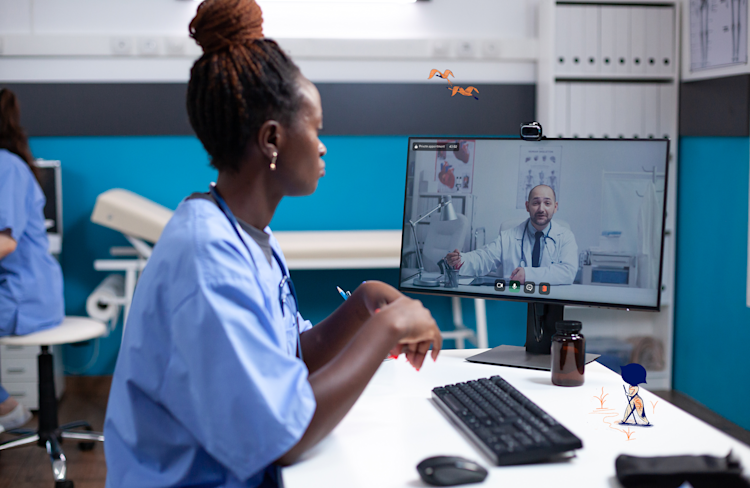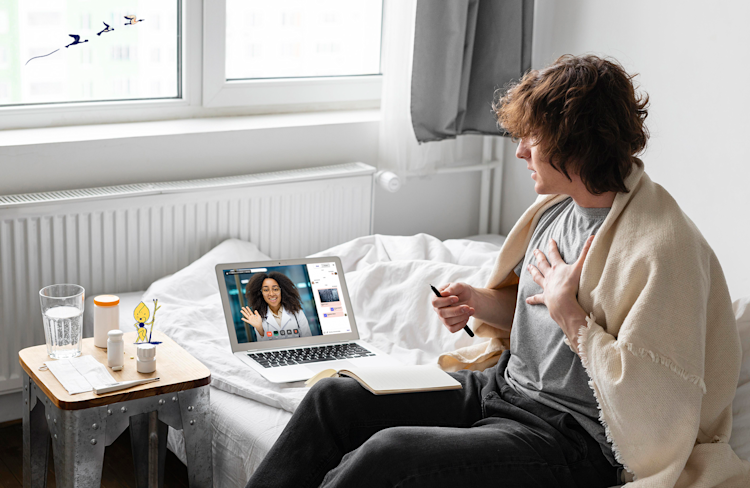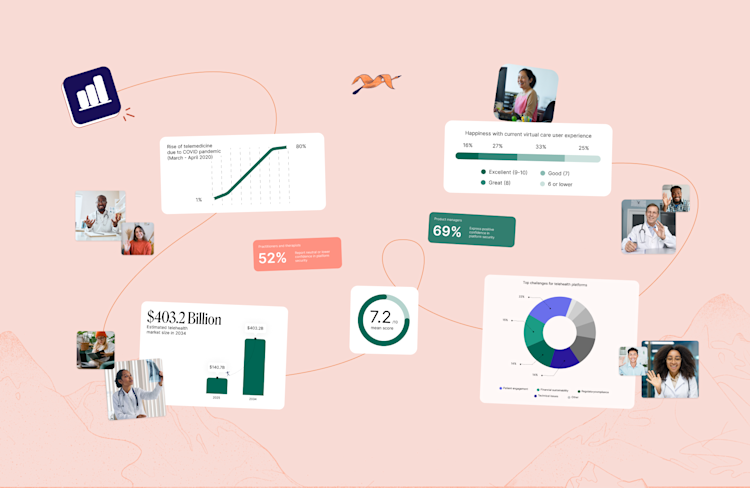Whereby research reveals impact of the COVID-19 pandemic will have on the future of work in the UK
We spoke to 1,500 British professionals who use our platform, to understand how both business-leaders and employees have been affected by remote working during the pandemic; as well as how they expect working practices to change once lockdown measures lift.
With the COVID-19 pandemic having resulted in the closing of offices globally, millions of people are learning and adapting to entirely new work practices and experiences. When the world begins to reemerge from lockdown, the office, and workers’ attitudes towards it, will be permanently changed.
Respondents were asked to self-identify as either employees (who did not hold responsibility for making decisions about company-wide working practices and policies) OR business-owners/senior team (who considered themselves responsible for making decisions about company-wide working practices and policies).
Findings from our study of 1,500 British professionals:
Impact and future of remote working according businesses owners and decision-makers
53% of business-owners and company decision-makers feel that remote working (due to the COVID-19 pandemic) has increased their employees’ overall productivity. Only 17% feel that company-wide productivity has decreased.
82% of businesses are considering changing their future working practices to allow more staff to work remotely, due to the success of remote working during the lockdown.
65% of businesses are considering downsizing or changing their office space once lockdown is lifted, as a consequence of anticipating more staff working remotely in future.
73% of businesses are now considering moving more or all of their future recruitment interviews to video.
The impact and future of remote working according to employees
51% of employees expect to be allowed to retain at least some flexibility to work remotely once lockdown is lifted. 13% want to be allowed to work entirely remotely.
This is despite 54% of staff members feeling that remote working has resulted in their working more hours than before the lockdown.
53% of employees feel that their mental wellbeing has improved due to working from home. Comparatively, 18% feel that their mental wellbeing has worsened during this period of remote working.
60% of employees state that their experience of remote working has prompted them to consider changing career or job.
69% of employees would be happy to be interviewed via video call, rather than in-person.
The video call experience
42% of employees feel more comfortable conducting meetings via video call than in in-person meetings (compared to 32% who feel less comfortable on professional video calls).
66% of employees feel that they display a different persona on video calls to how they act in the office.
57% of employees feel they have seen more ‘mansplaining’ (a man explaining something in a patronising or condescending way to a woman) on video calls than they would do in traditional, in-person meetings.
‘Interrupting other speakers’ is the thing that most annoys people about professional video calls and meetings, with 36% citing this as their biggest source of irritation. The next-most commonly cited irritations in video calls are ‘connectivity issues’ (12%) and ‘people walking around during calls’ (11%). Only 3% take issue with ‘unnecessary smalltalk’, however.
73% of employees feel it is easier to leave a video meeting earlier than an in-person meeting.
The survey has been quoted in these articles:
Inc.com - Businesses Are Ready to Embrace Remote Work. Employees Aren't Convinced
HR News - Large-office rental market to collapse, employee wellbeing to soar
For more information or interview requests, reach out to press@whereby.com





